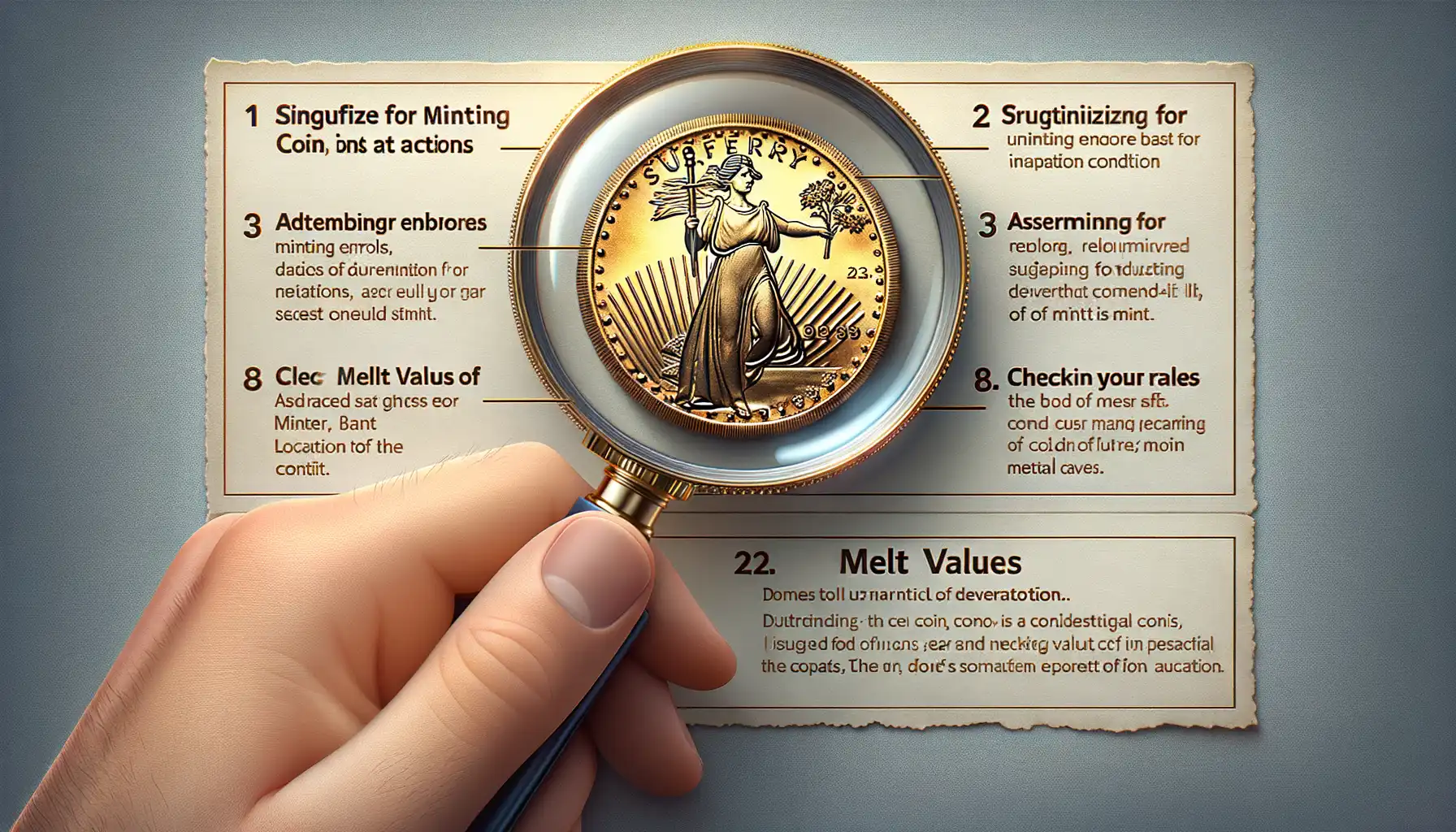While online games are often seen as something that stops us from doing important things, everything is different because these games are not just for fun, but are also like a real workout for the mind.
And from simple squares to complex virtual worlds shows us how our attitude towards puzzles has changed, since at first they were just computer versions of classic board games, but today they are whole universes where you can choose the most preferable logic game online.

From Classic to Modern: The Evolution of Online Logic Games
The first and most famous examples are “Minesweeper” and “Solitaire”, which were included with the Windows operating system and became the first logic games for millions of people all over the world.
They were simple, did not need the internet, and taught us to have fun by solving small problems: in “Minesweeper,” you had to use logic to find bombs, and in “Solitaire,” you had to plan your moves to collect the deck, and these games laid the groundwork for future generations by showing that even simple rules can create an exciting and engaging process.
Then, with the arrival of the internet and Flash technology, a new stage began where creators could make more complex and visually nice-looking games that were available right in the browser.
- Platforms appeared with a huge number of puzzles you could play for free, and it was during this time that many popular genres were formed, and these games often had a simple design but already contained interesting mechanics, like finding hidden objects or solving short riddles.
A real change happened with the development of game engines and the increase in power of computers and consoles. Puzzle games stopped being just still pictures and became full 3D worlds, and it was then that the game Portal appeared, which changed the idea of the genre forever because in it, logic was closely connected with physics, and to solve puzzles you had to not just press a button but use a portal gun to change space and time.
“Portal” proved that a puzzle can be a part of an exciting story with interesting characters and a deep mood, and after “Portal,” other creators started making games that went beyond normal puzzles, for example, “The Witness”, which became an example of how you can make a game with no words, where you have to understand all the rules yourself by solving hundreds of abstract puzzles.
Physics Puzzles, Puzzle Quests, and Abstract Games
- Physics Puzzles These games use virtual rules of physics to make interesting and hard-to-guess problems, so a player has to not only follow rules but also understand how things in the game world work together to reach their goal, and the best examples are “Portal”, “Angry Birds”, and “World of Goo”.
In “Angry Birds,” you had to guess the path of the bird, thinking about gravity and the force of the hit, and in “World of Goo,” you had to build things from living “blobs” that had to hold their weight and fight the wind, and these games teach us to think not only with logic but also in a spatial way, guessing what will happen to things as they move.
- Puzzle Quests This type of game combines solving puzzles with a fun story, and a player enters a certain story where each puzzle is a part of a big narrative, and each puzzle that is solved opens a new part of the story.
And good examples are games about finding objects, games like “escape the room,” and, of course, series like “The Room”, where you have to explore complex machines.
In these games, we are kept interested not only by wanting to solve the puzzle but also by being curious about what will happen next when we find the key or open a secret door.
- Abstract Games This is pure logic without a story, characters, or physics, and their main goal is to make the player think using only rules and simple shapes, you probably see such games in the Mind Elevate app.
“The Witness” is probably the most famous example, because in this game there are no instructions, and the player must figure out for themselves how the symbols work and how to draw them to open new areas.
“Baba Is You” is another special example where the player can change the rules of the game itself, and these games need very deep focus to find non-obvious connections and to think “outside the box”.
| Genre | Examples | Skills Developed |
| Physics Puzzles | “Portal”, “Angry Birds”, “World of Goo” | Spatial and intuitive thinking, guessing how things will move |
| Puzzle Quests | “The Room”, “escape the room” games | Logic, finding connections, thinking about a story |
| Abstract Games | “The Witness”, “Baba Is You”, “Tetris” | Pure logic, thinking in new ways, finding hidden rules |
Game Mechanics That Make Logic Games Really Fun
- Gradual Difficulty. This is a key mechanic because a game starts with very simple problems so a player can understand the rules, and then it slowly adds new elements that make the process harder, and this creates a feeling of progress and growth, because every new win feels deserved, especially if the game/app has tracking progress system like in the Mind Elevate app.
- That Feeling. The most important part of a puzzle is that moment when, after thinking for a long time, the solution suddenly comes to your mind, and this sudden understanding gives great happiness and is the main reward for the player, and creators intentionally make puzzles with several wrong paths so that the moment of truth is even more clear.
- Visual and Sound Feedback. When you find the right answer, the game should show it, and this can be a nice sound, an animation, or the opening of a new door, and this kind of feedback makes the good experience stick and motivates you to go on.
- Minimalist Design. Many good puzzles, for example, “Tetris”, have a very simple and clear design, and the lack of extra details lets the player focus completely on the task and not be distracted by other things.
- Hidden Rules. In some games, like in “The Witness,” you have to not only solve puzzles but also guess for yourself what the symbols mean and how they work with each other, and this creates an extra level of difficulty and makes the player feel like a real explorer.

Why We Love Puzzle Games: The Psychology of the Game
- Dopamine Reward. When we solve a hard problem, our brain releases dopamine, a hormone that is responsible for feeling good and for motivation, and this feeling of “I did it” makes us look for new challenges and not stop playing the game.
- Need for Control. Our world is often hard to guess and full of confusion, and people want to find things that they can control, and puzzles give a perfect world where every problem has a solution and every action has a clear result, and this gives a feeling of order and control, which is very calming.
- The “Flow” State. The psychologist Mihaly Csikszentmihalyi talked about the “flow” state, where a person is so fully into an activity that they lose track of time and forget about everything else, and puzzles are a perfect way to reach this state because they need full focus and give a clear goal.
- Feeling of Being Productive. Unlike other kinds of fun, puzzle games give us the feeling that we are not just spending time, but are also learning and getting smarter, and this feeling of “useful” time is a strong reason to play.
In the end, online logic games have come a long way from simple puzzles to complex interactive systems that not only give fun but also help our thinking, and they are not just a hobby but an activity for getting better that helps us become more attentive, smarter, and, most importantly, happier.




